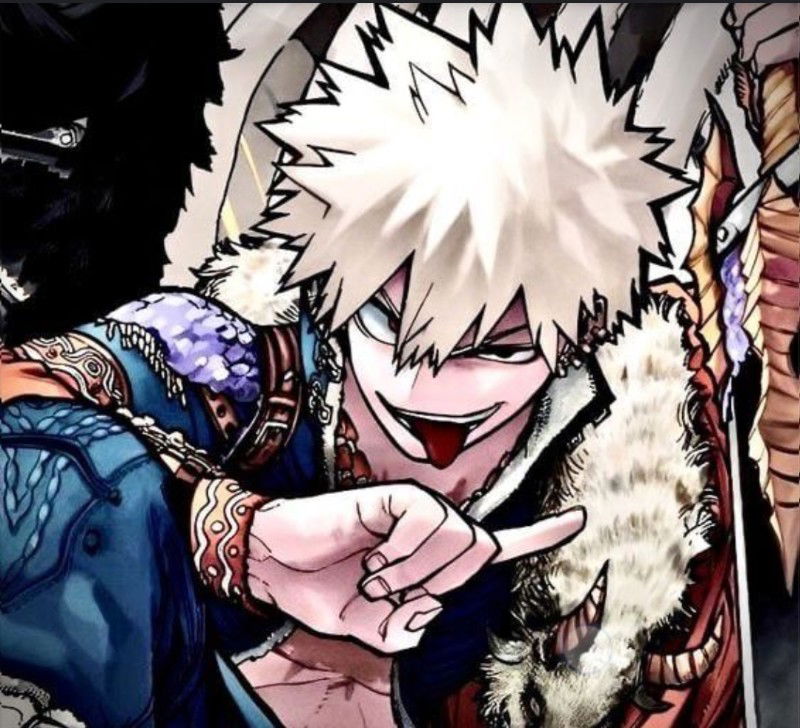The annals of anime are filled with unforgettable psycho male characters who have left an indelible mark on pop culture. Their presence elevates the stakes, adds psychological tension, and often serves as a dark mirror to the protagonist's own struggles.
One cannot discuss this archetype without mentioning Light Yagami from Death Note. His descent from a brilliant but bored student into a god complex-driven mass murderer, wielding the titular Death Note, is a masterclass in character evolution. Light's initial motivations – to rid the world of evil – become corrupted by his own ego and thirst for power. His meticulous planning, his ability to manipulate those around him, and his unwavering belief in his own righteousness make him a quintessential psycho. He represents the danger of unchecked power and the seductive nature of absolute control. The philosophical battles between Light and L are legendary, exploring themes of justice, morality, and the very definition of good.
Then there's Johan Liebert from Monster. Johan is the epitome of a charismatic, yet utterly soulless, manipulator. He operates through subtle influence, exploiting the weaknesses and desires of those he encounters, leaving a trail of destruction and despair in his wake. His motives are shrouded in mystery for much of the series, making him all the more terrifying. Johan doesn't need brute force; his weapon is the human psyche itself. He embodies the idea that true evil can be insidious, hiding behind a mask of charm and intellect. His quest for the "perfect suicide" and his desire to be the last person standing in a world he despises paint a picture of profound nihilism.
Consider Griffith from Berserk. His transformation from a noble and charismatic leader into the demonic Femto is one of the most shocking and tragic arcs in anime. Griffith's ambition, his desire for his own kingdom, drives him to make unimaginable sacrifices – not of his own comfort, but of his closest companions. His betrayal during the Eclipse is a moment of pure, unadulterated horror that redefines the meaning of villainy. Griffith represents the corrupting influence of absolute ambition and the ultimate betrayal of trust. His actions are so heinous that they transcend mere evil, entering the realm of cosmic horror.
Another compelling figure is Hisoka Morow from Hunter x Hunter. While not always overtly malicious in the same vein as Light or Johan, Hisoka's psychopathy is undeniable. His obsession with fighting strong opponents, particularly Gon, borders on the predatory. He finds pleasure in the thrill of battle and the suffering of others, viewing people as mere playthings or potential opponents. His unpredictable nature and his penchant for theatricality make him a constant source of tension. Hisoka’s enjoyment of violence and his detached amusement at the misfortunes of others highlight a profound lack of empathy, making him a uniquely disturbing character.
These characters, and many others like them, demonstrate the power of well-written antagonists. They are not just obstacles for the hero; they are complex individuals whose psychologies drive the plot and explore profound themes.

